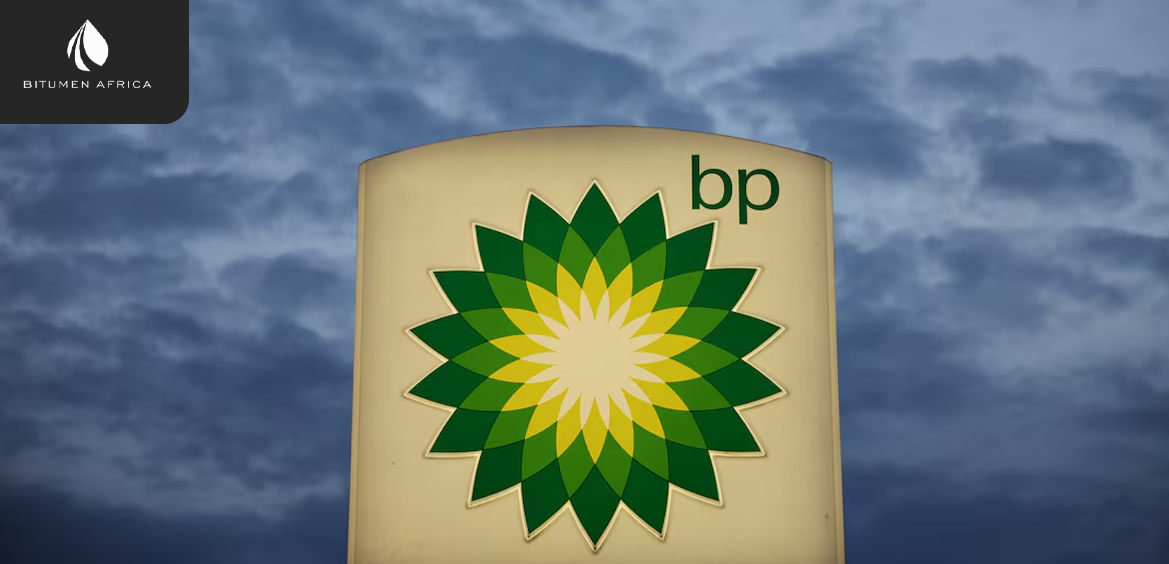British oil giants BP and Shell have signed a series of agreements with Libya’s National Oil Company (NOC) to help rejuvenate the country’s oil and gas production. These deals carry strategic importance beyond energy, rooted in international legal frameworks that allow foreign firms to station personnel and build infrastructure with the host government's consent. This effectively turns these oil projects into semi-sovereign zones, much like the historical British East India Company’s ventures, with geopolitical reach and military-style presence justified under economic development. These developments act as instruments of state power, allowing home countries to secure influence and energy access abroad.
This model has been notably adopted by China under President Xi Jinping, especially in long-term agreements with Iran and Iraq. China’s deals, such as the Iran-China 25-Year Comprehensive Cooperation Agreement and Iraq’s Oil for Reconstruction and Investment deal, allow Chinese firms to develop oil fields, build dual-use infrastructure, and station security forces—mirroring tactics of colonial-era powers like the East India Company. These arrangements also support China’s broader Belt and Road Initiative, which aims to create strategic economic corridors across key regions by embedding Chinese influence through infrastructure and energy investments.
In response to energy disruptions caused by sanctions on Russia following its 2022 invasion of Ukraine, Western oil companies have ramped up activities in countries like Egypt and now Libya. BP, Shell, Chevron, Eni, and TotalEnergies are among the firms increasing investments and winning exploration rights across the region, aiming to stabilize global energy supply chains while reinforcing Western geopolitical interests. Egypt, in particular, has seen significant Western re-engagement, as it remained relatively free of Sino-Russian long-term energy ties, making it a strategic energy partner. Similar expansions are anticipated in Syria post-regime change, continuing the trend of geopolitically motivated energy projects.
Libya, despite years of post-Gaddafi instability, remains central to Western oil strategies. With the largest proven oil reserves in Africa and ambitious plans to reach 1.6 million barrels per day by 2026–27, the country has reopened itself to foreign bidders after a 17-year lull in exploration. BP is evaluating redevelopment options for the Sarir and Messla fields, while Shell is studying the al-Atshan field and others. These efforts are backed by Western companies’ interest in strengthening partnerships with Libya’s NOC and align with broader strategies to diversify supply sources away from sanctioned or unreliable regions.

